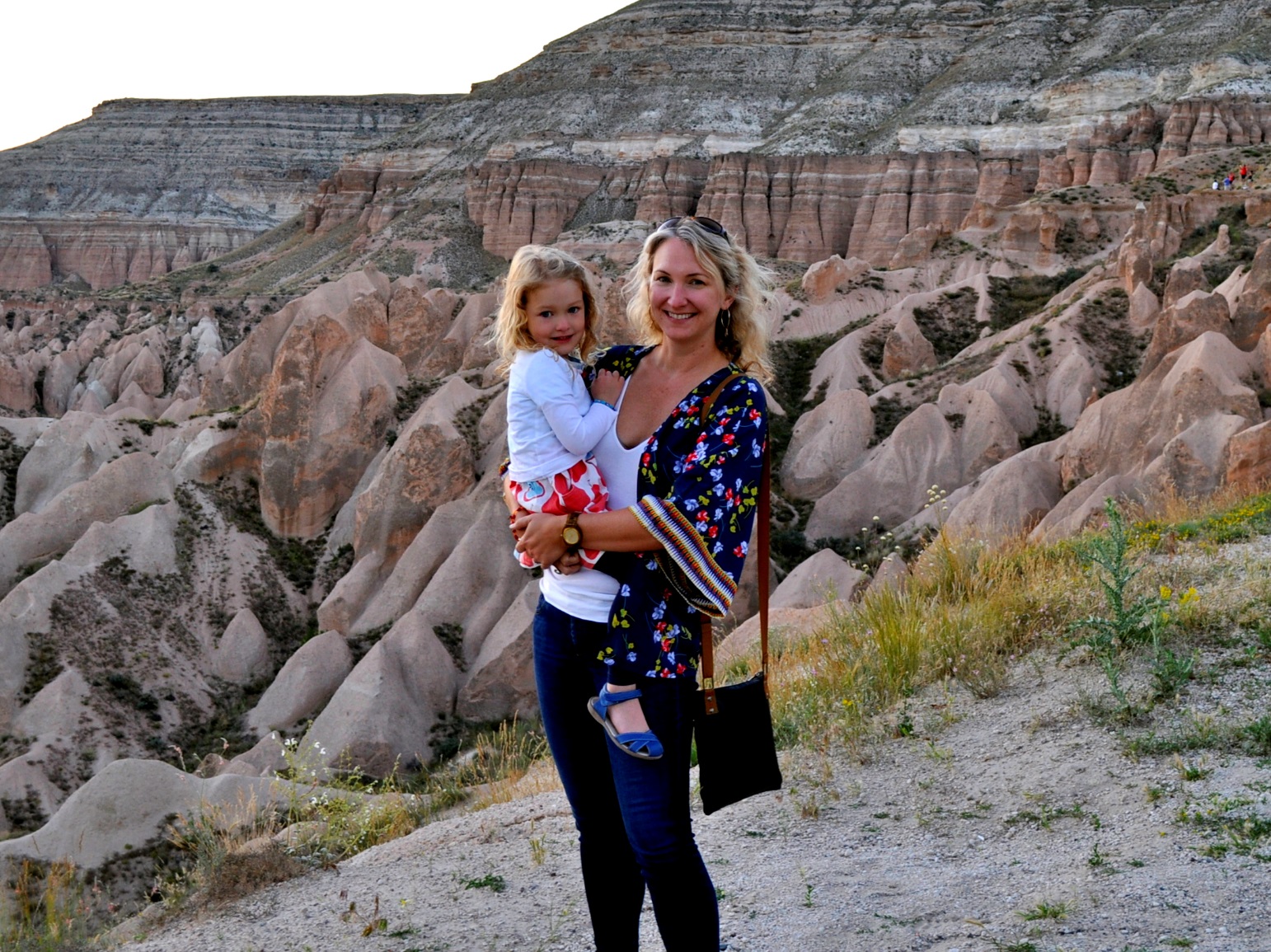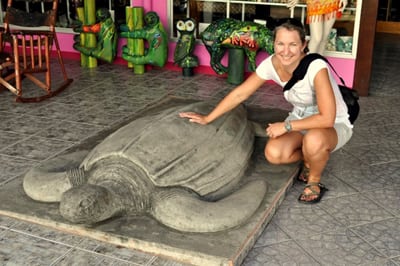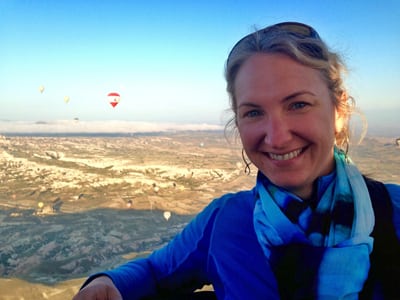
Conservation Ecology and Sustainable Development alumni have gone on to careers in academia, NGOs, government agencies, and the private sector. In honor of the CESD program’s twentieth anniversary, we checked in with some of them to find out what they’re up to now and how the program has influenced them.
Q: What is your current job title and what do you do?
I’m the Senior Managing Director of Conservation Programs at the National Parks Conservation Association in Washington, DC.
I’m responsible for coordinating NPCA’s core conservation initiatives of water, landscape, air, and wildlife. I focus on water protection and restoration activities, specifically for the Everglades and other large watersheds, and manage important relationships with Congress, the Administration, and other partners as they relate to water issues.
Q: What has been your career path, from leaving UGA to where you are now?
I moved to Savannah after graduating in 2006 for two years and continued working at the Georgia Wildlife Federation on statewide water issues, where I also worked during graduate school. I moved to Washington, DC, and started working at the National Parks Conservation Association in 2010 as the Great Waters Program Manager. I’ve been at NPCA for five years now, and have been promoted a couple of times. I’m now the Senior Managing Director of Conservation Programs.
Q: How did the CESD program impact that journey?
Much of my job combines science and policy, and the CESD program was very important for understanding how these areas intersect. I also found the courses very applicable for my jobs after grad school. I have worked on or currently work on issues and places I studied when I was in school at UGA, such as invasive species in the Satilla River, water scarcity along the Colorado River, and various aspects of the Clean Water Act.
Q: What are some favorite CESD or Odum School (or Institute of Ecology) moments?
Besides finishing my thesis and graduating, the trip to the Satilla River with the Environmental Practicum stands out as a great time with classmates on a beautiful river.
Q: What is the most pressing conservation need you or your organization face and how might we best prepare our CESD students to meet that challenge?
Compelling ways to communicate about conservation issues. If we want to change policy and be effective, we still have a lot to learn about what “conservation artistry” works best in communication. I think this is why we now see a lot of climate change communication programs. It’s not about science as much as communicating about that science to affect change. And it’s beyond words in blogs and articles, but that is very important too. Art is often overlooked – GIS, maps, imagery, pictures, web design, etc. Understanding how to communicate with a target audience is critical for making an impact.
Q: Did you create the position you are in now and if so, how?
Yes. I was hired as the Great Waters Program Manager, which was a new position for NPCA at the time, and since then I have been promoted to Senior Managing Director of Conservation Programs and helped create a new department at NPCA – Conservation Programs – that combines our air, land, and water work for better collaboration across multiple internal departments and a more strategic focus on the interrelationships of these issues. I worked with my current boss to create the department and my position because we recognized the need to bring these issues together in a more
Q: Do you have any general advice you have for CESD students? Any advice regarding job opportunities specifically?
Take advantage of your summers and get internships at places where you may want to work. Start getting experiences and making connections early on. Use social platforms like LinkedIn to connect with alumni in fields you’re interested in.


